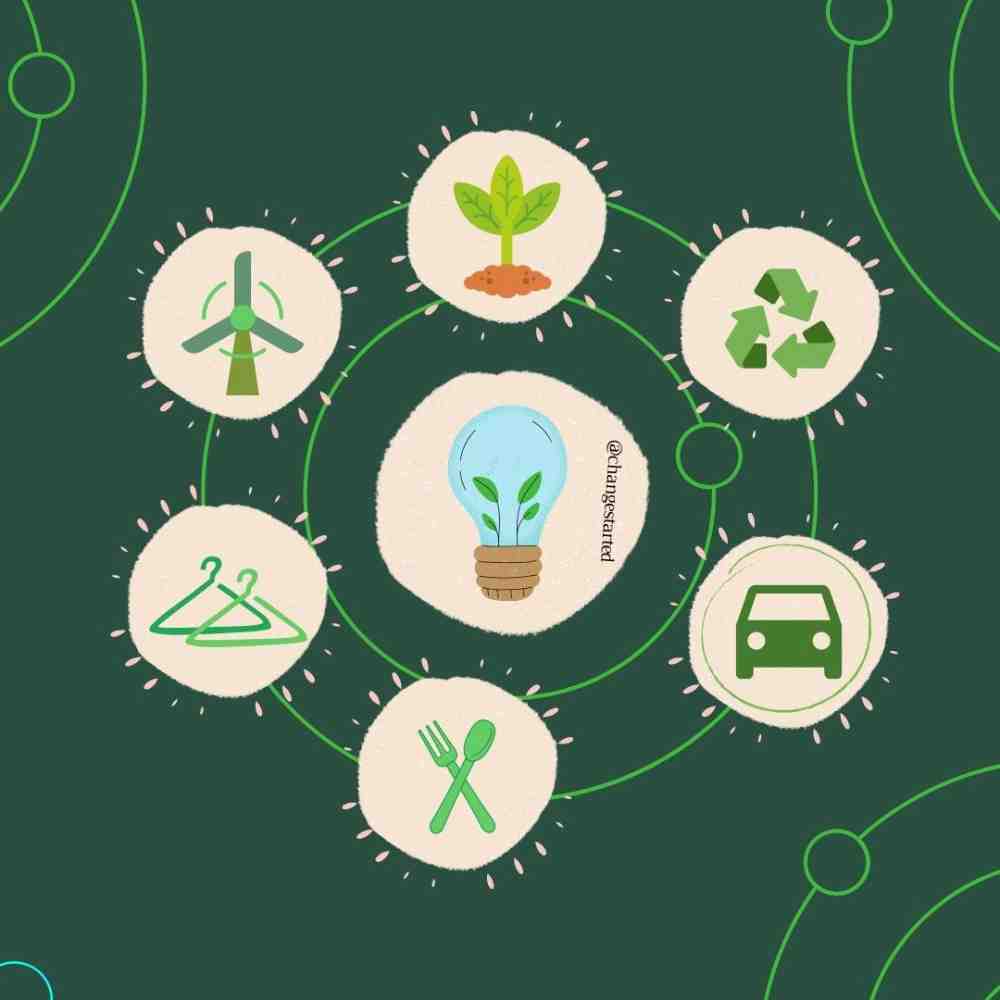Diversifying Kerala’s Startup Ecosystem: A Flourishing Non-IT Sector
The Kerala Startup Mission (KSUM) is steering Kerala’s startup ecosystem into exciting new territory by embracing a thriving non-IT sector. While the state has traditionally been associated with IT startups, the recent surge in non-IT ventures is transforming the entrepreneurial landscape. This diversification is not only refreshing but also essential for a holistic and sustainable startup ecosystem.

A New Dawn for Non-IT Ventures
C. Venugopalan, co-founder of an agri-tech firm specializing in cane syrup production, exemplifies this shift. He launched his venture amid the challenging backdrop of the COVID-19 pandemic’s second wave in October 2021. KSUM played a pivotal role in nurturing this startup, which ultimately received substantial support through grants and subsidies. Venugopalan’s journey highlights KSUM’s commitment to promoting non-IT startups.
Non-IT’s Rising Prominence

Over the past four-and-a-half years, KSUM has witnessed the registration of over 4,000 startups, with a notable 1,694 being non-IT ventures. Among them, agri-tech startups take the lead with 400 registrations, while others span IoT hardware, robotics, and biotechnology sectors. The year 2022 witnessed a significant surge, with 457 non-IT startups registering, surpassing the 423 IT startups registered during the same period.
City-wise Expansion
Although KSUM has yet to compile city-specific startup data, Kochi has emerged as a hotspot for non-IT startups, followed closely by Thiruvananthapuram and Kozhikode. Additionally, more than 100 startups are operating from co-working spaces and private office spaces, contributing to the sector’s growth.
Product Focus and Technological Integration

Most non-IT startups are product-focused and incorporate advanced technologies like artificial intelligence (AI) and robotics. This demonstrates that non-IT ventures are not shying away from innovation and are often at the forefront of integrating cutting-edge technologies.
The Holistic Ecosystem Approach
KSUM’s CEO, Anoop P Ambika, emphasizes the need for a comprehensive startup ecosystem that transcends the IT sector. He believes that the increasing number of non-IT startups in Kerala underscores the state’s potential in diverse domains, including agriculture, food technology, fisheries, 3D printed technology, and telemedicine.
A Boost for Indian Culture and Heritage
The push towards non-IT startups aligns with promoting Indian culture and heritage. Many of these ventures focus on sectors deeply rooted in Indian traditions, creating a harmonious blend of modernity and heritage.
Entrepreneurship Flourishing
Startups like Venugopalan’s agri-tech venture are a testament to the success of KSUM’s support for non-IT startups. The organization’s guidance has been instrumental in nurturing these ventures, setting the stage for growth and inspiring others to venture into the agri-tech and non-IT startup space.
Future Prospects: A Self-Sustaining Model
KSUM’s future initiatives include establishing a startup hub at Technopark Phase-IV in Thiruvananthapuram. This ambitious project aims to accommodate around 1,000 startups in a 5 lakh sq ft building, with a total construction cost of Rs 145 crore. To ensure sustainability, KSUM is considering involvement from high-net-worth individuals (HNIs) in the investment, in addition to state government support.
A Wider Reach: Government Support

The government’s recent decision to raise the ceiling for purchasing products and services from startups registered with KSUM from Rs 1 crore to Rs 3 crore demonstrates its commitment to supporting the ecosystem. This move extends benefits previously reserved for IT-related startups to non-IT ventures, enabling PSUs, boards, corporations, and local self-government bodies to engage with non-IT startups under KSUM.
Kerala’s Startup Renaissance
Kerala’s startup ecosystem is undergoing a renaissance, branching out from its IT-focused roots to embrace non-IT ventures. This diversification not only enriches the entrepreneurial landscape but also aligns with India’s cultural and heritage preservation. As more non-IT startups emerge and thrive, Kerala is positioning itself as a dynamic and holistic hub for innovation, showcasing the immense potential beyond the realm of information technology.
